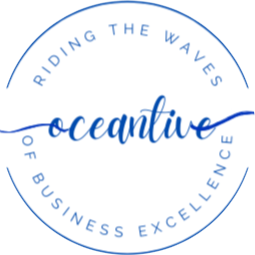Project Management Foundation
-
By the end of this course, you will have learned:
The fundamentals and importance of project management.
The key project phases (initiation, planning, execution, monitor and cotrol,closure)
How to create project charters and management plans.
Techniques for defining project scope and controlling changes.
Skills for scheduling, estimating durations, and managing project timelines.
Strategies for planning, estimating, budgeting, and controlling project costs.
Methods for implementing quality assurance and control measures.
How to plan, acquire, develop, and manage project teams effectively.
Communication strategies for planning, managing, and controlling project communications.
Techniques for identifying, analyzing, responding to, and monitoring project risks.
Procedures for planning procurements, conducting procurements, and managing contracts.
Approaches to identifying, engaging, managing, and monitoring project stakeholders.
Understanding of ethical codes in project management and ethical decision-making.
-
Module 1: Project Management Fundamentals
What a Project is and why it is important for the Business. Difference to Business As Usual
The Project Lifecycle
The Triple Constraint and the interrelationship of all elements
Module 2: Project Methodologies
Agile Framework and its application
Waterfall Framework and its application
Key differences and when to use both
Module 3: Project Initiation
How to collect Requirements and run a Feasibility Study
Project Charter and Business Case creation
Define the Project Scope and compile the Core Project Team
Choose a Compelling Name for your Project
Module 4: Project Planning
How to create the Work Breakdown Structure
Deep dive on scope, time, cost and quality management
How to communicate best with project members and the organisation
Appoint Business Members to Project Team
How to address Risks and Best Procurement Strategies
Module 5: Project Execution
How to prepare, run and manage the kick off meeting
Create the Project Log with its key components, including RAID and Change Control Mechanisms
Risk Response Strategies
Reports that should be generated , format and how they should be communicated
Module 6: Monitor & Control
Monitor and Control Project Work
How to best control assumptions
How to get Project back on Track
Module 7: Project Closure
Compile the completion report and the closure checklist
Plan to transition to Business As Usual
Capture Lessons Learnt and conduct Post Mortem sessions
Module 8: Change Project Management
Why Change Management
Tips for Effective Change Management
Module 9: Ethics and Professional Responsibility
Code of Ethics and Professional Conduct
Ethical Decision-Making
Module 10: Project Management Tools and Software
Project Management Tools and pros


